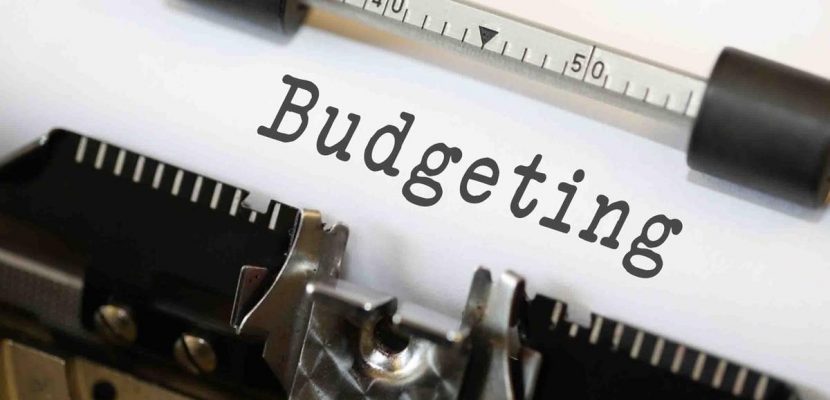
Budgeting Basics: What Every Household Should Include in Their Budget
- Mark Edwards ·
- 0 Comments ·
- January 18, 2023
There’s no one-size-fits-all solution for creating a budget that works for your household, but some essential items should be included in every budget. A well-crafted budget can help you save money, reduce financial stress, and make the most of your income. Please keep reading to find out what every household should consider when creating their budget.
Prioritize Essential Expenses
The first thing to include in your budget is your essential expenses. This includes rent or mortgage payments, utilities such as electricity, water, and internet, groceries, transportation costs such as car payments or public transportation fares, and medical bills, if applicable. You should also factor in things like life insurance. PHP Agency reviews can help you find the right life insurance policy for your household budget. Allocating money towards essential expenses should be your top priority.
Set Aside Money for Savings and Investments
Once you have taken care of the essentials, it’s important to set aside money for savings and investments. This can include retirement accounts like IRAs and 401(k)s as well as college funds for any dependents you may have, in addition to emergency savings accounts which allow you to cover unexpected costs such as medical bills or home repairs without taking on debt. If the thought of setting aside money for savings seems daunting at first, try starting small by setting aside just 10% of each paycheck until you reach a comfortable amount where you feel like you can start investing more heavily into long-term savings goals such as retirement or college funds.
Account for Fun Money
It might seem counterintuitive at first glance, but having fun money set aside in your budget can help keep your spending in check while allowing you some financial flexibility when treating yourself or your family members. For example, you know that $20 will be allocated monthly towards things like takeout meals with friends or movie nights with family members. In that case, it’s less likely that those small indulgences will add to more considerable expenses throughout the month, which can strain your overall budgeting goals. Fun money doesn’t have to come from one lump sum; even something as small as $5 per week dedicated solely towards nonessential purchases can still help keep unnecessary spending under control while allowing yourself some much-needed flexibility within an otherwise strict budgeting plan.
Creating a successful budget can be challenging, but having a few essential items makes a difference when managing your finances over time. Prioritizing essentials such as rent/mortgage payments, utilities and groceries is an absolute must when creating any budget plan while also setting aside money for both short-term savings goals and long-term investments helps ensure that any extra income isn’t wasted on frivolous purchases over time but instead is reinvested back into yourself through things like retirement accounts and college funds for dependents if applicable. Finally, including fun money within your budget allows you some much-needed financial flexibility without derailing all of the hard work put into crafting a successful plan in the first place! With these critical points considered, you will soon be well on mastering the art of household budgeting!
